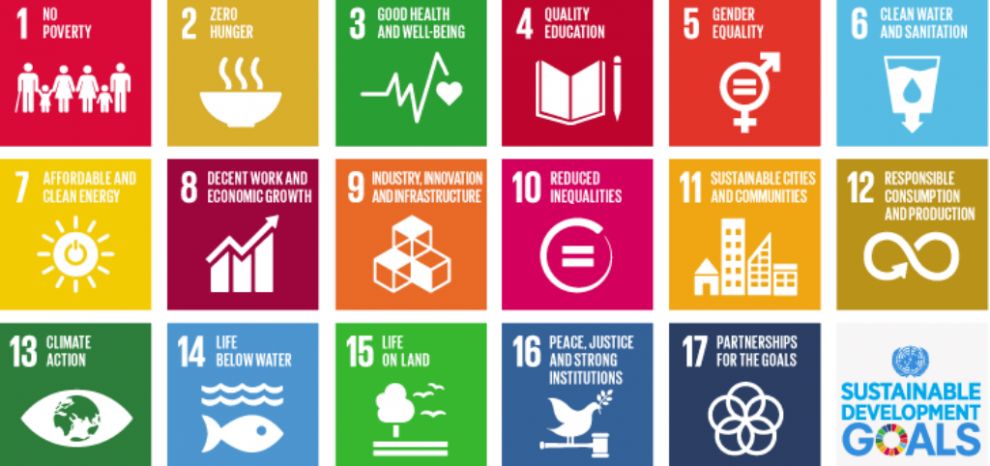Food is the source of energy for all living organisms. Ethically, no organism should exist without the intake of necessary nutriment. But, it is no hypothesis or assumption that global hunger and malnutrition count has reached 690 million and 10 million statistically by 2019.
The reality of it is indeed chilling to the bones so it is high time to change these charts and improve the situation.
The General Assembly, United Nations adopted the “2030 Agenda for Sustainable Development” in the year 2015, with various ambitious agendas that incorporates sustainable development into all the necessary fields. This holistic approach covers 17 goals known as Sustainable Development Goals (SDGs) to be achieved in the next 15 years. Goal 1, 2 and 3 namely upholds “No Poverty”, “Zero Hunger” and “Good Health and Well-Being” for the world to become a place of prosperity, peace and dignity. In other words, sustenance of the three dimensions- economic, social and environmental developments- through mitigation of food-centric problems.
Food insecurity arises from poor food storage facilities around the globe.With the climate change, the overall plantation and agriculture have undergone variance that has impacted not only the situation of food crisis but also economic drowning. The health and sanitation status of this population is beyond poor in many areas of the world. Thus, the risk of epidemics and communicable diseases are stronger here.
Recently, the ongoing novel Covid-19 pandemic has worsened the status of food availability and poverty even more.
There are organisations and companies working on conflict-sensitive approaches, treatment of children from severe acute malnutrition, setup of community kitchens, production of cheap nutrition products, establishment of local health systems, protection of vulnerable groups etc. to fight the evils of hunger, poverty and poor health. “Action Against Hunger” is one of the organisations that deal with hunger relief programmes. The Bangladeshis have been introduced to new ‘innovative ecosystem-based farming models’ to cope with climate change in its floodplains while the Ecuadorean Cocoa farmers have been taught blockchain farming. The Kisedje people of Brazil have been rescued from the brink of collapse to entrepreneurs. With the help of MNRE, the Alipia family of Auala started farming under the project of sustainable land management and this yielded an improvement not only on the quality of produces but also on the food, water and energy security. Study on the root cause of child malnutrition in Honduras has given out path breaking data. Health camps are continuing their medical aid for the people in Guinea-Bissau even during the pandemic. UNDP in collaboration with Chadian Ministry of Public Health financed 150 health centres in Chad’s rural provinces with solar photovoltaic systems.
All these SDG goals by UN around food have been a success so far. More initiatives and innovations need to be executed in the next 10 years for a visionary sustainability in food chain, GDPs along with physical and mental well being.














Add Comment